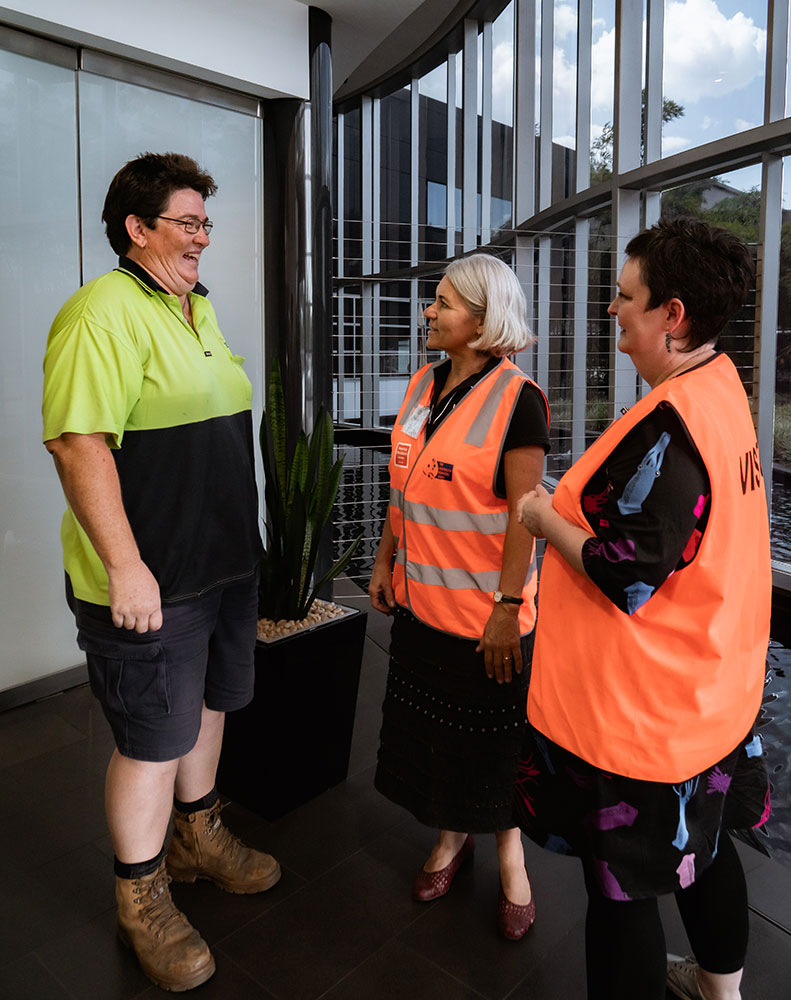HOW DOES BARGAINING START?
When an employer and employees are ready to start bargaining, the employer will send a Notice to employees who fall within the coverage of the proposed agreement. This Notice is called a Notice of Employee Representational Rights.
This Notice tells you that the union will negotiate on behalf of our members as a ‘bargaining representative’. The employer is also a ‘bargaining representative’. Employees who are not a member of a union may appoint their own bargaining representative.
Once the Notice has been sent to employees, bargaining formally begins. All bargaining representatives (including the employer and the union) must bargain with each other in ‘good faith’. This means that parties must meet regularly, give reasons for their claims, not engage in unfair conduct and share relevant information. Bargaining in good faith does not mean that either side needs to make concessions or that an agreement has to be reached.

WHAT IF THERE ARE PROBLEMS?
If an employer refuses to start bargaining, the union can go to Fair Work Australia
If an employer refuses to start bargaining, the union can go to Fair Work Australia (FWA) to get the employer ordered to negotiate in good faith. FWA will only order an employer to bargain if there is evidence that a majority of employees want to negotiate an enterprise agreement with the employer. Usually employees in this situation will sign a confidential petition which only FWA sees.
Sometimes there is disagreement about the appropriate scope for an agreement. If the parties cannot reach agreement, either side can ask FWA to determine the scope. Before issuing a scope order, FWA will consider a range of things, including whether the group is fairly chosen and whether the dispute about scope is really undermining efficient bargaining.
If parties cannot reach agreement through negotiation, the union can organise protected industrial action.
Employees should also be aware that an employer can legally request the employees vote on an agreement when 21 days has passed since bargaining formally commenced. Even if the union believes that negotiations have not finished, an employer can lawfully put an agreement to the vote at any stage after this mininum period.
WHAT HAPPENS?
What happens when agreement is reached?
There are a series of steps which must be followed after agreement is reached in principle between the employer and the union. Employees must have access to the agreement for seven days before the vote. A valid majority of the employees must vote in favour. Both the employer and the union must sign declarations that the process complied with the legal requirements.
FWA will also check that the agreement passes the ‘better off overall’ test. This means that every agreement must leave each employee better off overall than they would have been under the award.
Seven days after the agreement is approved by FWA it becomes legally enforceable. Once it is approved, it remains legally enforceable even after its expiry date. It is almost impossible to overturn an agreement once it is approved. For this reason, it is important to make sure the wording of the agreement actually reflects your understanding of what was agreed.


